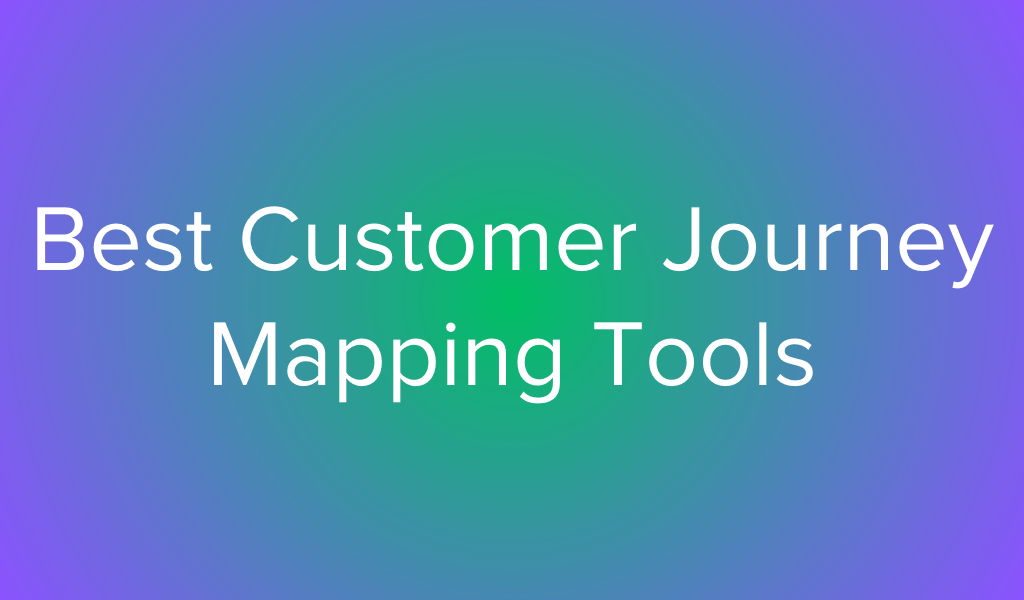5 min read
Listen and understand your customers. Win them at any stage of their journey.
cx Platform
In today’s digital-first world, data is the lifeblood of successful organizations. Effectively managing, analyzing, and leveraging data can unlock new opportunities, drive innovation, and help maintain a competitive edge. With the right data management tools, businesses can streamline operations, improve decision-making, and ensure data security. This guide highlights the top 10 tools and software to elevate your data management strategies.
Why Are Data Management Tools Essential?
Data management tools play a pivotal role in:
- Data organization: Helping businesses structure their data for easy access and usability.
- Improved decision-making: Providing actionable insights through effective data analysis.
- Compliance and security: Ensuring sensitive data is protected and regulatory requirements are met.
- Customer-centric strategies: Enhancing customer experiences by leveraging insights from organized data.
Explore Customer Behavior Analysis: Methods and Tips for Success for an in-depth understanding of customer-centric strategies.
Top 10 Data Management Tools and Software
1. Responsly
Responsly excels in survey data management, making it the go-to tool for businesses looking to collect, analyze, and act on customer feedback.
- Best for: Survey data collection and customer insights.
- Features:
- Easy-to-use survey builder with customizable templates.
- Real-time analytics to track trends and actionable insights.
- Integration with popular tools like Slack, Microsoft Teams, and Zapier.
- Secure storage that adheres to compliance standards like GDPR.
Responsly is perfect for businesses of all sizes aiming to transform customer feedback into business growth. Learn more about Responsly here.
2. Oracle Database
Oracle is a powerhouse in data management with decades of experience supporting enterprise-scale applications.
- Best for: Large organizations with complex data requirements.
- Features:
- Advanced data warehousing and real-time analytics.
- Built-in AI and machine learning capabilities for predictive insights.
- Flexible deployment options, including cloud, on-premises, and hybrid.
- High-level security to protect sensitive enterprise data.
For organizations seeking robust, scalable solutions, Oracle remains a top contender in the industry.
3. Microsoft SQL Server
Microsoft SQL Server offers a comprehensive suite of database management tools with a focus on scalability and integration.
- Best for: Businesses leveraging Microsoft’s ecosystem.
- Features:
- Support for structured and unstructured data.
- Built-in AI to automate repetitive tasks and optimize performance.
- Seamless integration with Microsoft Azure and Power BI for advanced analytics.
- High-level encryption and compliance certifications for data protection.
Microsoft SQL Server simplifies database management for businesses of all sizes while ensuring excellent performance and security.
4. IBM Db2
IBM Db2 is a robust tool designed to help enterprises efficiently handle and analyze large datasets.
- Best for: AI-driven data management solutions.
- Features:
- Advanced AI and ML capabilities for predictive analytics.
- Hybrid cloud flexibility to manage data across multiple environments.
- Data compression for cost-efficient storage.
- Automated workload management for seamless operations.
Its ability to leverage AI makes IBM Db2 a great choice for businesses looking to stay ahead in the data management landscape.
5. SAP HANA
SAP HANA specializes in real-time, in-memory data management, enabling organizations to make instant, data-driven decisions.
- Best for: Real-time data processing and analytics.
- Features:
- High-speed processing for massive datasets.
- Integrated advanced analytics, including machine learning.
- Support for IoT and Big Data initiatives.
- Scalable cloud and on-premises deployment options.
SAP HANA empowers businesses to manage and analyze data at unprecedented speeds, making it invaluable for high-demand industries.
6. Snowflake
Snowflake is a fully cloud-based data warehouse platform designed for scalability and simplicity.
- Best for: Businesses prioritizing cloud-based solutions.
- Features:
- Multi-cloud support across AWS, Google Cloud, and Microsoft Azure.
- Auto-scaling capabilities to handle fluctuating workloads.
- Built-in data sharing to foster collaboration between teams.
- Pay-as-you-go pricing for cost efficiency.
With its simplicity and flexibility, Snowflake is a favorite among startups and enterprises alike.
7. Informatica
Informatica is a robust data integration platform ideal for enterprises looking to manage and transform data effectively.
- Best for: Complex data integration and transformation.
- Features:
- AI-powered data cataloging for faster access.
- Cloud-native architecture for modern infrastructure.
- Robust data governance tools to ensure compliance.
- Real-time data streaming for live analytics.
Informatica helps businesses harness the full potential of their data through its comprehensive platform.
8. Talend
Talend offers powerful yet user-friendly tools for data integration, making it a great choice for businesses at any scale.
- Best for: Small to mid-sized businesses seeking open-source options.
- Features:
- Pre-built integrations with popular platforms like Salesforce and AWS.
- Advanced ETL (Extract, Transform, Load) capabilities.
- Real-time data processing for dynamic insights.
- Open-source flexibility with community support.
Talend’s affordability and ease of use make it an attractive option for businesses with limited resources.
9. Cloudera
Cloudera focuses on big data management and analytics, providing solutions for multi-cloud and hybrid environments.
- Best for: Big data analytics and AI-driven insights.
- Features:
- AI-driven automation for enhanced productivity.
- Robust data encryption for security across environments.
- Support for edge computing to process data closer to its source.
- Flexible deployment options to match diverse infrastructure needs.
Cloudera’s expertise in handling big data ensures seamless operations for data-intensive businesses.
10. Amazon Redshift
Amazon Redshift is a scalable cloud data warehouse service built for fast and efficient analytics.
- Best for: Businesses using Amazon Web Services.
- Features:
- High-speed query processing with columnar storage.
- Integration with AWS tools like S3 and EMR for extended functionality.
- On-demand scaling for cost efficiency.
- Advanced analytics powered by machine learning.
Amazon Redshift empowers businesses to process and analyze data quickly, ensuring timely insights.
Choosing the Right Tool
When selecting a data management tool, consider factors such as scalability, integration capabilities, ease of use, and cost. Tools like Responsly stand out for specific needs like survey data, while platforms like Snowflake and Oracle cater to broader enterprise requirements.
Explore more resources on optimizing your business with data at the Responsly.






